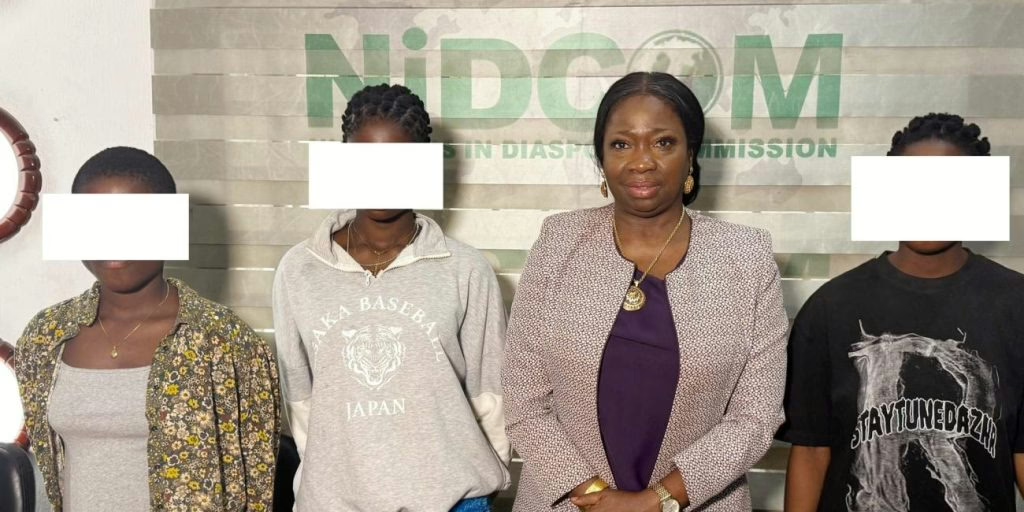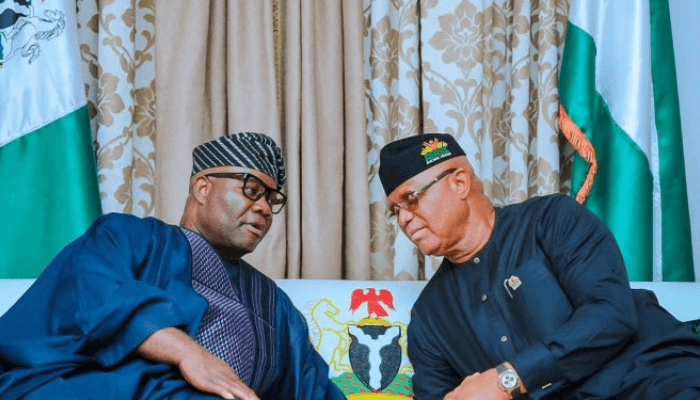The National Orientation Agency (NOA) has pinpointed the inability of Electricity Distribution Companies (DisCos) to absorb the power produced by Generation Companies (GenCos) as the primary cause of frequent national grid collapses in Nigeria. This shortcoming, according to the NOA, has led to widespread grid failures that disrupt power supply across the country.
Minister of Power Adebayo Adelabu expressed optimism that recent reforms in the transmission sector would help mitigate these frequent grid breakdowns. However, he acknowledged the urgent need for further improvements to address the persistent issues.
On the same issue, Labour Party’s 2023 presidential candidate, Peter Obi, lamented Nigeria’s ongoing power crisis, noting that the nation’s electricity generation is less than 10 percent of South Africa’s, despite suffering from daily power outages. Obi pointed out that while Nigeria can produce about 13,000 megawatts (MW) of electricity, it struggles to distribute even half of that capacity due to infrastructure limitations within the DisCos.
The national grid suffered its ninth collapse of the year on Tuesday, resulting in widespread power loss across the country.
In a statement titled Why National Grid Collapse, the NOA explained that while Nigeria’s generation capacity is around 13,000 MW, the active distribution capacity of the DisCos is only about 4,000 MW. This gap, compounded by insufficient investments in critical infrastructure, has contributed to repeated system breakdowns.
Minister Adelabu, who reviewed findings from a panel investigating the grid’s failures, condemned the frequency of these disruptions, calling the situation “unacceptable.” He confirmed that the panel’s recommendations would be revised before being submitted to President Bola Tinubu, with provisions for necessary funding to implement the solutions.
Nafisatu Ali, Committee Chair and Executive Director of the Independent System Operator at the Transmission Company of Nigeria (TCN), explained that recent grid collapses were due to technical failures, including damaged lightning arrestors at the Jebba and Oshogbo stations and an explosion at the Jebba station.
Meanwhile, Peter Obi took to social media to criticize Nigeria’s low electricity output compared to South Africa, which generates and distributes around 40,000 MW. He highlighted that South Africa recently celebrated seven months of uninterrupted power supply. Obi stressed the need for a focused leadership that prioritizes national progress to resolve Nigeria’s energy crisis, noting that power shortages affect every Nigerian, regardless of ethnicity or religion.











Leave a Reply